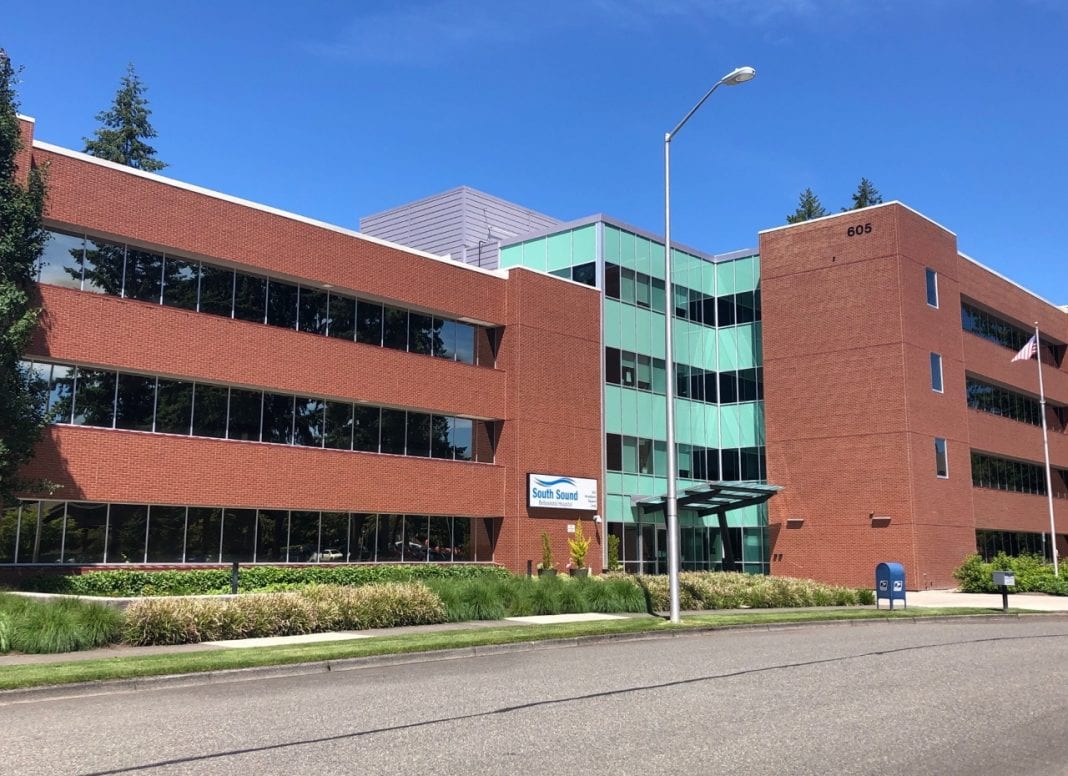June is nationally recognized as Pride Month, celebrating and supporting the LGBTQI (lesbian, gay, bisexual, transgender, queer, questioning, intersexed – also referred to as LGBT+) community. For mental health professionals, this month is particularly significant because strong evidence shows that LGBTQI individuals are at a higher risk for experiencing mental health conditions.
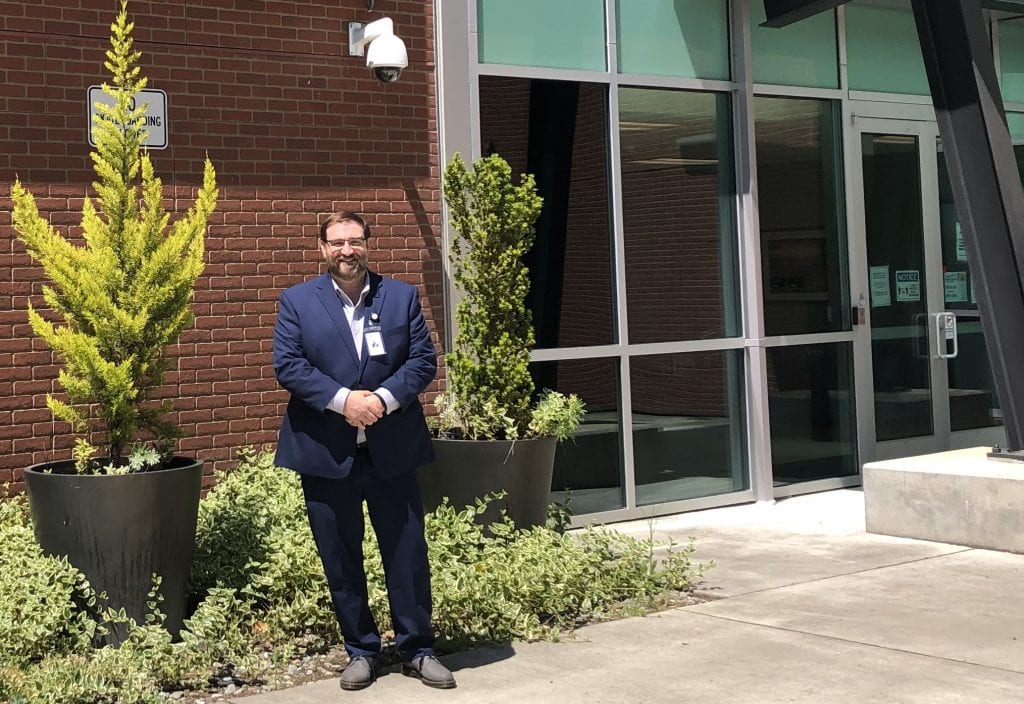
That’s why the professionals at South Sound Behavioral Hospital, an inpatient and outpatient psychiatric treatment facility in Lacey, join with national efforts to support awareness of the mental health issues often experienced in the LGBTQI community.
The hospital’s Chief Executive Officer Terrance “TJ” O’Reilly, appointed in April, explains that some mental health conditions are more prevalent in the LBGTQI community than in other populations and the rate of suicide is much higher. The National Alliance on Mental Illness reports data from recent research shows that diagnoses such as anxiety or depression occur in LGBTQI adults at a rate twice that of heterosexual adults.
SSBH staff sees that reality in the local area. “Gender identity and the family issues leading to depression and anxiety caused by grief or transitioning, we see a lot of that in our community,” says SSBH Community Liaison Julietta Faria.
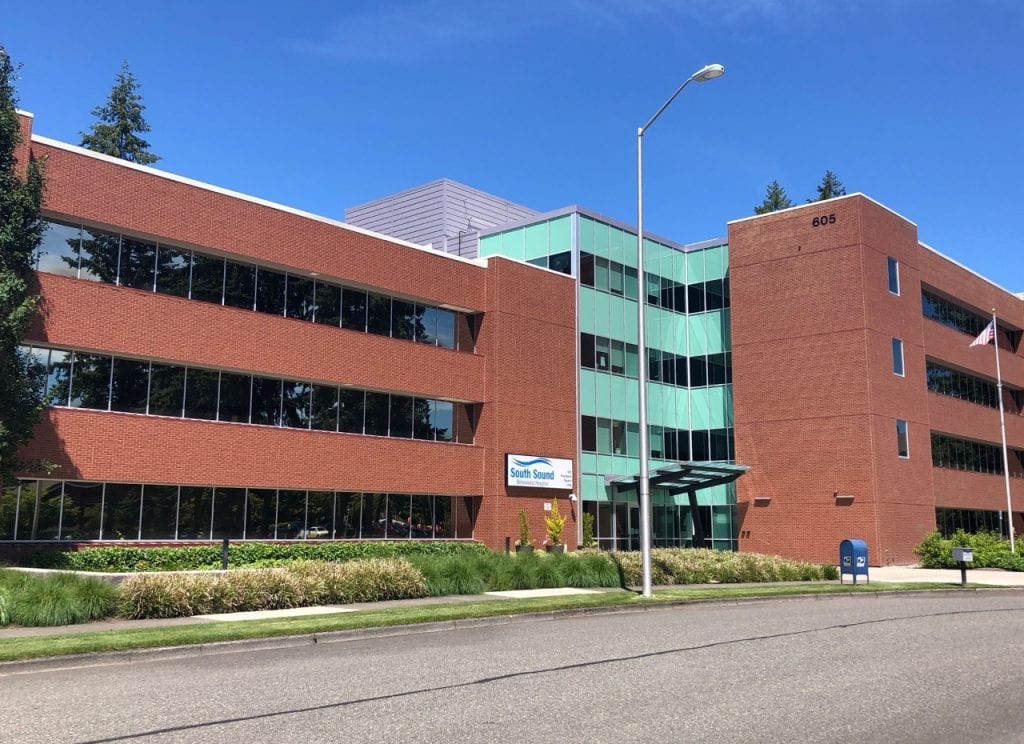
O’Reilly concurs that issues with a family’s non-acceptance of a person’s gender or sexual identity can lead to depression and anxiety. “We help anyone and everyone who has these issues,” O’Reilly says. “We help anybody who has any form of mental illness.”
Thankfully, people are more likely to seek mental health treatment today than in years past says O’Reilly. “What’s happening today is there is a de-stigmatizing of asking for help,” O’Reilly says. “We are all human. Asking for help is actually a strength, not a weakness.”
SSBH’s website suggests steps to “Be the Difference” for LGBTQI individuals who may need support and help. Those steps encourage attending virtual Pride Month events, practicing mental health self-care and connecting with loved ones. Finding someone to talk to can be key. “Being in support groups is crucial to their development,” says Faria.
The National Alliance on Mental Illness also describes that the risk factors of LGBTQI mental health conditions include coming out, rejection, trauma, substance use, homelessness, suicide and inadequate mental health care. A December 2019 article in the Psychiatric Times explains that LGBTQI individuals often face significant barriers when accessing mental health services, including discomfort or fear of disclosing sexual or gender identity.
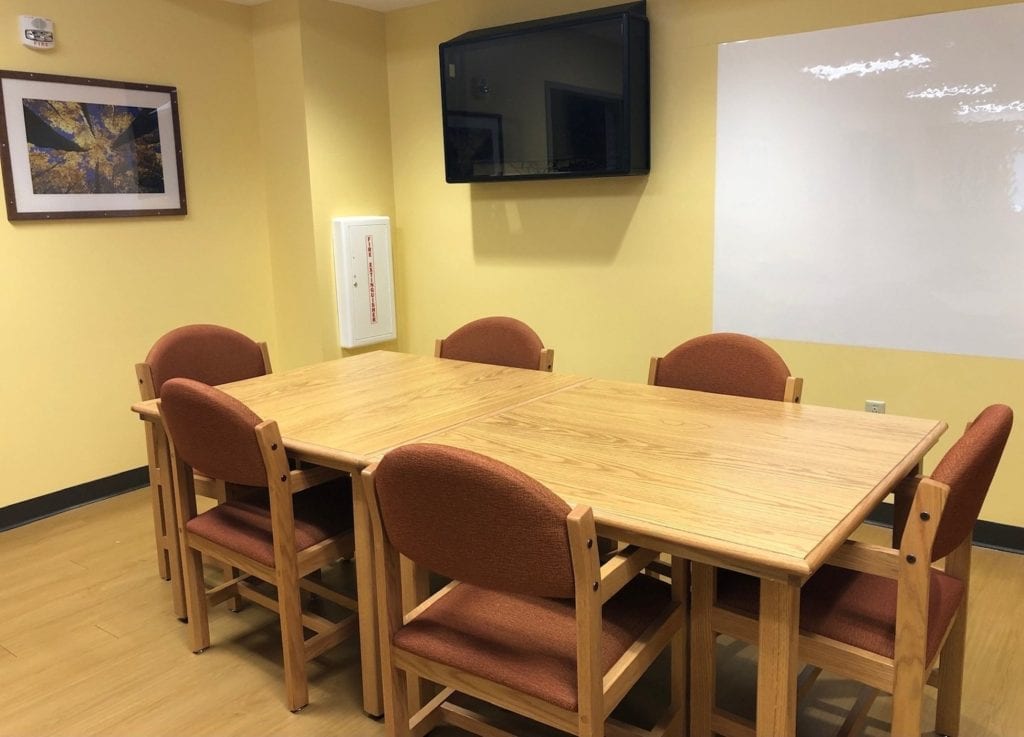
SSBH staff want to help with individuals struggling with their mental health, before a crisis occurs. That’s why the hospital provides a 24/7 crisis assessment at no charge. “Someone is really there or on call,” Faria says of the 24/7 service. “And someone can walk in 24/7. We want to help as many people as we can.”
Faria says the hospital also receives referrals from local providers or case managers. For example, she says the provider/manager may be assisting a gender-transitioning patient with hormone therapy and identifies a mental health issue unrelated to the medication, such as depression. “And if there is suicidal ideation, and the mental health issues are more severe, there may be inpatient treatment,” says Faria.
SSBH opened in 2019 as a secure psychiatric inpatient facility, offering acute mental health stabilization, detox and other inpatient and outpatient mental health treatment. Hospital staff operate nine units with 108 adult psychiatric inpatient beds. The hospital has an outdoor courtyard and new gym for recreational therapies. When needed, the facility also partners with community hospitals for use of SSBH’s beds for 90-day or 180-day treatments. Outpatient treatment can be done entirely remotely through our outpatient clinic.
O’Reilly says the hospital offers focused programming because medication can only do so much. The goal is to return patients back into their lives and out into the world. To provide targeted treatment, the hospital designed several specialized services. The Extra Mile Military Care program is for active members of the military and veterans. Faria says those program staff at the hospital communicate with the Madigan Army Medical Center on the Joint Base Lewis-McChord for services and treatment protocols. The hospital also provides tribal and holistic services and operates a Center for Women’s Health. The facility’s newest specialized program, which just opened in May, is the acute medical detox treatment for patients affected by drugs and alcohol.
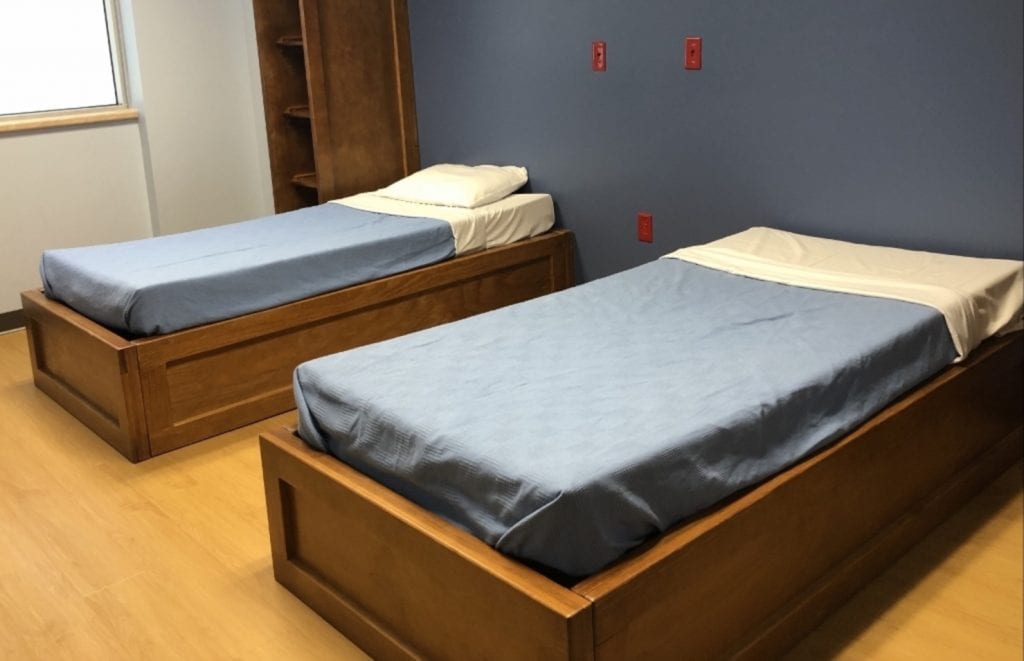
And there is more to come. While SSBH currently serves adults 18 and older, O’Reilly says the next specialized treatment area on the horizon will be for adolescents. He has an extensive background in working with adolescent treatment programs and says expansion into that youth treatment will be launched in a few months. Director of Business Development Nicole Green explains they are currently working on getting those beds ready. “It’s coming,” she says. “We want to be sure we are out there on the forefront of providing inpatient and intensive outpatient services.”
South Sound Behavioral Hospital
605 Woodland Square Loop SE, Lacey
844.949.8888 (24/7)
Sponsored


































